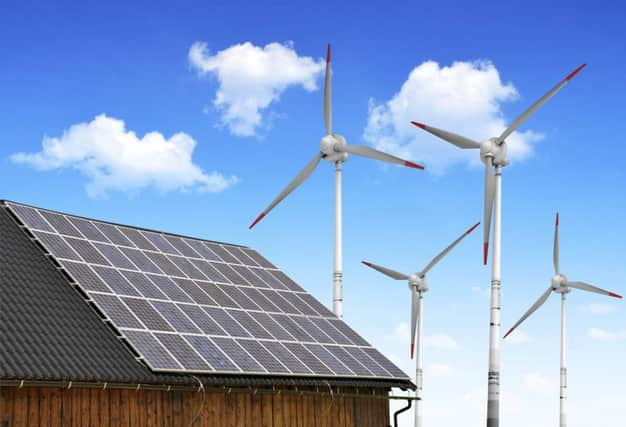The winners and losers ofthe decreasing oil prices


These seem like the good old days of cheap fuel, but don’t get too nostalgic – actually prices have only fallen to what they were about eight years ago.
How time flies when you’re filling up!
The reason for this sudden drop is the collapse in global oil prices.
Advertisement
Hide AdAdvertisement
Hide AdThere are lots of different indices to price oil but, in broad terms, it was about $110 dollars a barrel in 2014 and now it’s down to about $31 a barrel (oil is always priced in dollars).
The reasons for this drop are myriad but, in a very general nutshell, include over-production in countries like Russia and Saudi Arabia, a lack of demand due to a global economic slow down and cheap fuel from American frackers.
In our backyard, this oil price collapse has hit the North Sea operators hard.
So it’s clear there are winners and losers.
It’s good for hard-pressed families who can now get to work more cheaply, but bad for oil and gas jobs and investment in the North Sea and bad for oil producing countries, like Russia, who are losing vast sums of revenue.
Advertisement
Hide AdAdvertisement
Hide AdNow you might think, who cares about Russia or Nigeria or Venezuela? But these days the UK is not an island when it comes to the global economy.
Cheap prices means slack demand and, with China struggling for the growth it is used to and the Eurozone failing to muster much economic expansion, there runs the risk of a big slowdown that will affect the UK and could cost jobs.
And oil is not called Black Gold for nothing. Lower prices can have a destabilising effect and increase threats like the chance of conflict or coups as oil dependent economies struggle.
So when times seem good there is always a cloud on the horizon and the UK, as Chancellor George Osborne has already said this year, does have threats to its economy that are out of its control.
On the plus side, fossil fuels days are actually numbered.
Advertisement
Hide AdAdvertisement
Hide AdThirty years ago, many forecast oil running out and a catastrophe descending as energy became rationed, but technology and climate change fears have come to our rescue.
In December last year, 200 countries signed an agreement in Paris to cut greenhouse gases in a move that has signalled an end to the fossil fuel era.
This is not the ‘pie in the sky’ stuff that it used to be in the last century when oil was king.
This is a real commitment to shift to cleaner renewable technologies that will increasingly take up the burden of the world’s energy needs.
It won’t happen overnight, but it is happening now.
Advertisement
Hide AdAdvertisement
Hide AdThe UK has 10 gigawatts of offshore wind farm capacity either installed or under construction – enough to power millions of homes.
Solar and onshore wind farms are also adding to the energy mix.
Electric cars will replace petrol vehicles in the years to come.
And articles like this, talking about how important oil is, will become nothing more than a footnote in history.